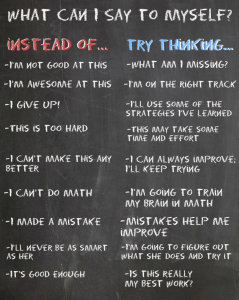Try these four steps to develop a plan for your semester that will ultimately save you loads of time.
1. Plan your first school term in writing
First, makes sure when you do this, write it down. This can be on a regular old calendar. It could also be on a student-specific agenda/planner. It doesn’t really matter where you write it down — what’s truly important is that you write it down.
If you’re paperless, that’s no problem either. Just type out your plans on a digital planner or calendar.
2. Use your syllabus to plan your first school term
This is key. If you don’t have a syllabus yet, you can’t really do this. You need a syllabus.
Specifically, we’re looking for any assignment due dates. That’s the biggest piece of info for this first step. Also, it’s really important that you have a sense of how big a project or assignment actually is. To plan out our calendar effectively, we need to know how much of that calendar is going to be taken up by working on that project.
If you just have a few pages to read, that’s not a big deal. If you have a few books to read, you need to start thinking long-term rather than just short-term.
3. Record all big events and due dates
This is putting feet to our syllabus. Having a syllabus isn’t much help if you never use it… so use it.
Put down those due dates wherever they show up. If you have a paper calendar, make sure you have a way of identifying what is an assignment due date and what is not a due date. Consider writing all due dates in red, for example.
4. Break those due dates into daily tasks.
Recording due dates is not the end-all of school term planning. You need to make sure that you are breaking them down into daily tasks.
This is really the key to being a highly productive student. If you never break tasks down, you can get caught off guard when big projects come due. Research papers are just due one day. That doesn’t change the fact that they require you to work on them for at least two weeks in most cases.

Recent Comments